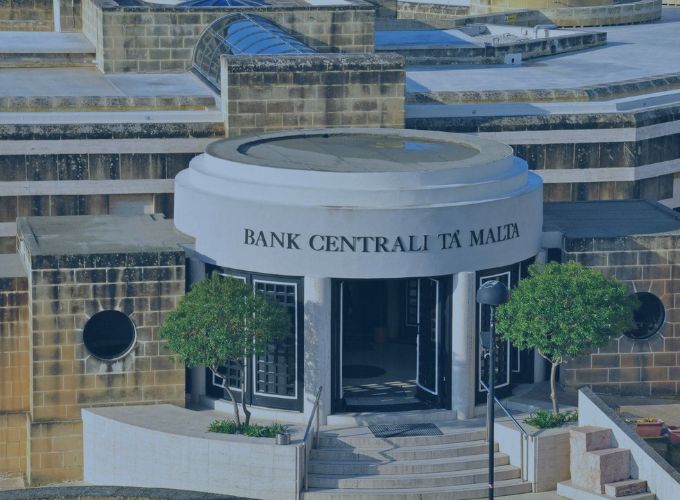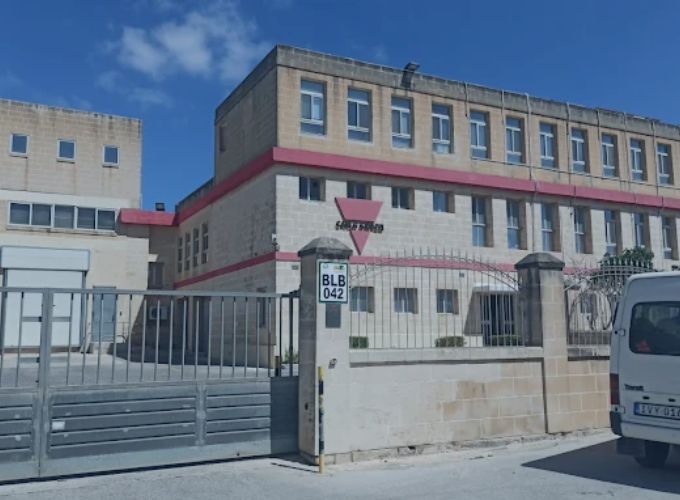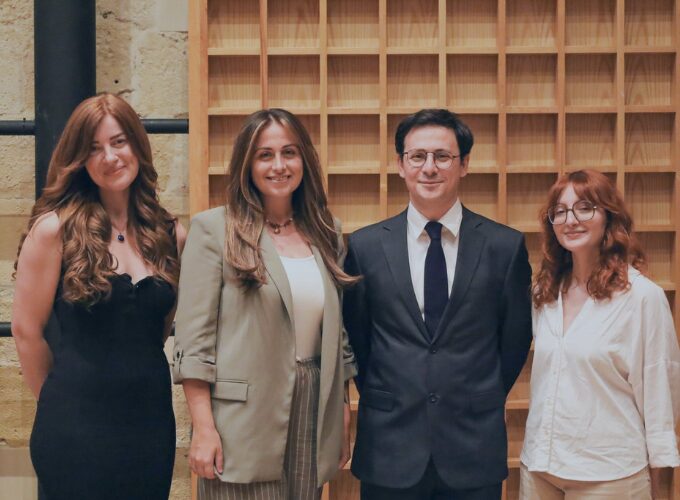
MeetInc.
Two of Malta’s most active voices in labour and culture—MEIA and Solidarjetà—have signed a formal partnership agreement aimed at tackling long-standing issues facing workers in the country’s creative sector. The move introduces a joint membership model that combines industry representation with workplace protections, offering a new structure for artists, designers, performers and other creative professionals navigating precarious working conditions.
Announced on Monday, the agreement marks a significant shift in how creative labour is organised in Malta. It brings together the Malta Entertainment and Arts Association (MEIA), which has been lobbying for cultural policy reform since 2020, and Solidarjetà, a fast-growing union focused on tenant and worker rights. Both organisations say the deal is designed to reflect the complex realities of work in the arts—where many individuals straddle freelance, contract and occasionally informal roles without the backing of a collective agreement or traditional union.
The result is a dual membership offer priced at €75 a year for standard members and €50 for students. Members will gain access to MEIA’s policy and networking resources alongside Solidarjetà’s legal and workplace support. That includes assistance on wage disputes, unlawful termination, contract negotiations and collective bargaining—protections that are rarely available to freelancers or casual workers in the creative industries.
“Too many artists are expected to operate as professionals without being treated like workers,” MEIA President Maria Galea said. “This partnership gives creatives the structure and backing to push for fairer conditions while continuing to shape cultural life in Malta.”
Creative workers in Malta have long complained of a lack of legal clarity around contracts, inconsistent pay cycles, and an absence of basic employment safeguards—issues that became even more visible during the pandemic, when many in the sector were left without financial support. While MEIA has spent the last five years advocating for sectoral development, its new partnership with Solidarjetà adds the missing ingredient: a union mechanism built to handle labour disputes.

Solidarjetà President Matthew Attard said the decision followed months of consultation with creative professionals. “It’s clear the problems in the sector aren’t just artistic—they’re economic,” he said. “This collaboration lets us address them head-on.”
The agreement will be coordinated by a new Creative Workers Board made up of representatives from both organisations and members of the wider creative community. The board will guide joint campaigns and sectoral advocacy while serving as a touchpoint for members with case-specific concerns.
Beyond the structural changes, the partnership also carries symbolic weight. For years, Malta’s creative industries have been pushed to professionalise without the tools to enforce that professionalism in practice. This deal acknowledges that for artistic work to be sustainable, it must also be protected.
The partnership arrives at a time when broader conversations around labour rights are taking hold across Europe’s cultural and creative sectors. From theatre technicians to film freelancers, many have begun to organise in response to rising costs, late payments, and job insecurity. Malta, with its small size and fragmented creative economy, has struggled to build a coherent support structure—until now.
By the end of July, MEIA and Solidarjetà will launch a joint membership portal, with a series of consultations, workshops and roundtables to follow. Both organisations say they hope to engage more creative workers in the process of shaping a fairer, more transparent sector.
If successful, the partnership could serve as a blueprint for other fragmented sectors facing similar challenges—where workers fall through the cracks between professional identity and legal protection.
For Malta’s artists, the message is clear: your work is valid, and so are your rights.
You Might Also Like
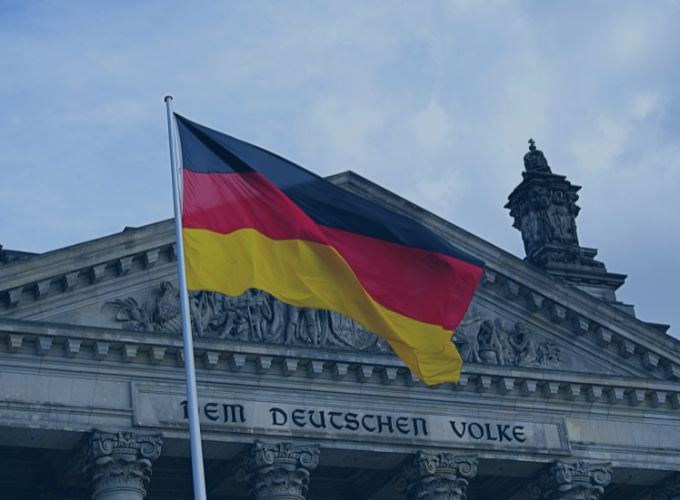
Latest Article
Germany’s Unemployment Tops Three Million For First Time In A Decade
Unemployment in Germany has risen above three million for the first time in ten years, fuelling pressure on the government to deliver results from its massive investment programme. Figures released by the Federal Labour Office on Friday showed that 3.02 million people were unemployed in August in seasonally unadjusted terms, up by 46,000 from July. … Continued
|
29 August 2025
Written by MeetInc.

Malta’s Deficit Widens To €518 Million As Public Debt Tops €11.1 Billion
|
29 August 2025
Written by MeetInc.
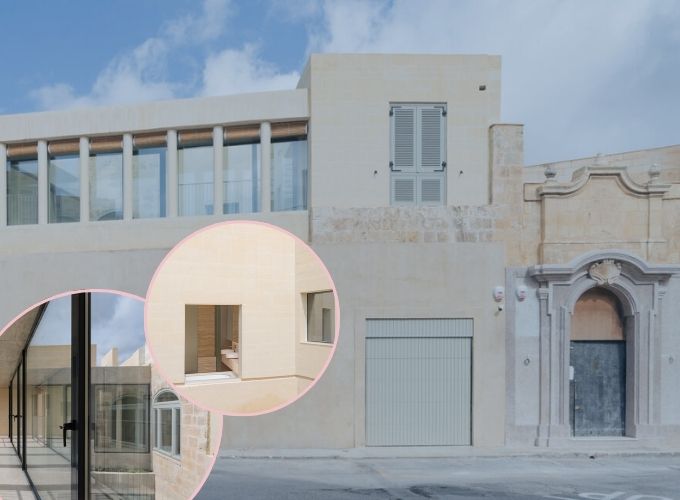
Valentino Architects Win International Award For Gozo Restoration Project
|
29 August 2025
Written by MeetInc.



